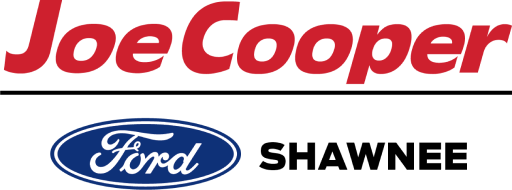Fuel Types & The Difference!

Did you know that there are different fuel levels? Well, of course, you did! How could I be so silly? But do you really know what those differences are between octane levels? If not, this week’s blog is the one for you. Check out our easy to understand guide where we break down exactly what those octane levels mean and what they do for our vehicle. So, let’s get into it and if you’re looking to upgrade into a brand new vehicle stop in to see our team! We’re here to help you find your dream vehicle!
The difference between fuel types:
- The first and most obvious difference is the price! I mean, when you pull up and the “premium” fuel is more expensive, it’s pretty obvious that’s a difference. But, did you know that premium fuel usually runs about 20 cents higher than regular fuel? Well, that’s the truth.
- In addition to the price, premium fuel comes also offers a higher octane level. Those numbers, commonly seen as 92, 93 or 87, are to differentiate the octane levels of premium, being a higher number, to regular gas, lower number.
- Octane is how much compression a fuel can withstand before igniting within your engine. A higher octane fuel will not pre-ignite or explode as quickly as lower octane gas.
The right fuel matters and here’s why:
Every vehicle on the road today is designed differently and specifically to run on a specific type of fuel. And while it might be tempting to fill your tank with a lower octane level to save a few dollars, it could end up damaging your vehicle. And your vehicle won’t perform as it is intended. The issue? These lower octane levels allow combustion to happen too fast in your engine which can lead to issues. Issues like your engine to make knocking noises, reducing your car’s power and fuel economy, and potentially causing engine damage.
When the roles are reversed, using higher octane fuel when you usually use regular, the risk isn’t as great. If you use regular gas and switch to premium gas, you won’t notice any extra benefits. So, in my opinion, save your money and fill up with the octane level your vehicle is asking for.
If you’re unsure which type of fuel you should be filling up with, give us a call or check your owners manual for answers!



